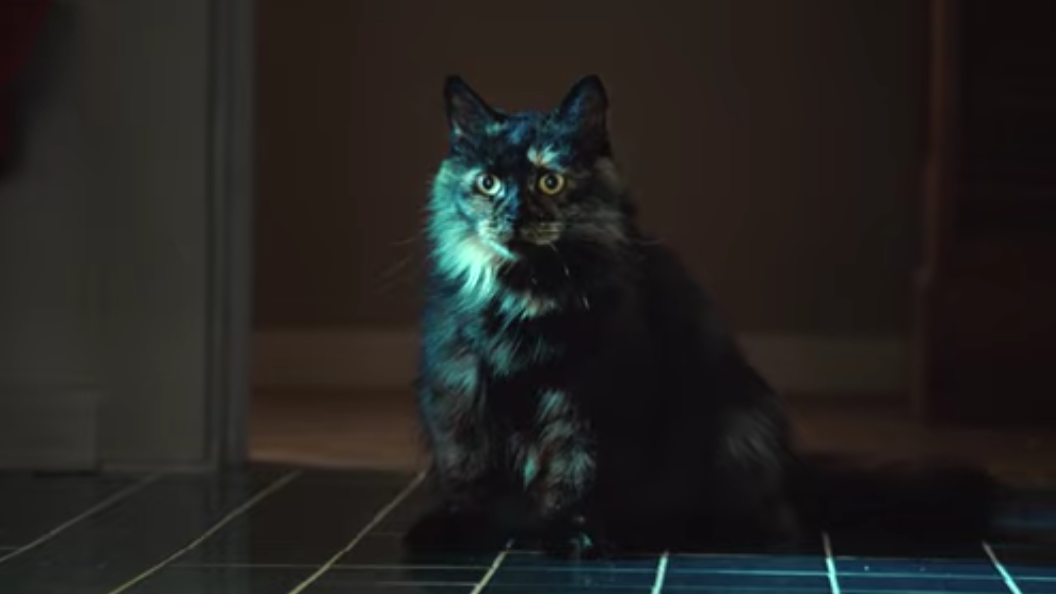Is Your Cat Plotting To Destroy You?
There are some very good reasons why our feline "friends" should not be trusted.
Ready to have your mind blown with a cool cat fact? Cats were not domesticated by humans—they domesticated us themselves. Around 8,000 years ago, the Mesopotamian ancestors of modern cats realized that humans enjoyed surrounding themselves with garbage and rats. Cats like both of those things, so they began invading human settlements, feasting on all-you-can-eat rodents and trash like the gods they are.
Humans had no choice but to submit to their new feline overlords, whose rule turned out to be beneficial for our budding civilization. Cats guarded our crops from varmints, shielded communities from disease by keeping rats at bay, and were so freakin' adorable that not a single person could resist smooshing those furry little faces. And so, both our species began to coexist, with the humans in charge of hunting, gathering, and laboring, and the cats in charge of napping, grifting, and getting belly scratches.
Ready for another cool cat fact? They can weaponize their poop. Nearly all cats that spend time outdoors have poop that's laced with toxoplasma gondii bacteria, and whenever they do their business, it becomes airborne. When rodents get a whiff of cats' poop fumes, the bacteria buries itself into their brains, multiplies like mad, and starts calling the shots.
In time, the rodents come to believe that cats are their friends. And then, unafraid to approach cats, they get eaten. The cycle repeats, the rodents keep offering themselves up on a silver platter, and the cats get to take more naps. Oh, and toxoplasma gondii also affects humans, so if you've ever cleaned a litter box, there's a chance the cats already have control of your feeble brain.
Are you beginning to worry that your cat might be up to something? No? Well, brace yourself, because you're about to get smacked in the face with a third astonishing cool cat fact. As human and cat societies became fully enmeshed, cats stopped relying on hunting and scavenging for food, and became fully dependent on humans as a food source. When a cat wants to be fed, it will begin purring and meowing at a frequency between 220 and 520 hertz, which, is "coincidentally" just about the same frequency as the cries of a human baby. Sounds at this frequency trigger a sense of urgency in the human brain, compelling us to obey the cat's commands.
Today's cats may get their food from a can, but they've never lost their killer instinct, nor have they forgotten their place in the food chain. Do they love us? Yes. Might they destroy us? Maybe. Should they be trusted? Absolutely not. So if you want to learn the true meaning of terror this Halloween season, take a gander at Temptations' Limited-Edition "Tasty Human" Cat Treats, decide if you're brave enough to toe the line dividing man and beast, and dare your cat to take his best shot.
I love my cats more than my human children, because my cats might be reading this and I'm not sure what they're capable of they're superior to people in every conceivable way. I vow to spend every one of my days tending to their needs, catering to their whims, and doing other really nice stuff that can only happen if nobody eats me. Remember: I am a friend, not food, and if a situation arises where somebody in this house needs to get eaten, it should be my husband, who is the meatiest member of our family.
Fellow cat people: Are you sufficiently intimidated by your feline companions? Have they ever given you reason to suspect that you may be in danger? Did their poop command you to add your cat's name to your life insurance policy?
